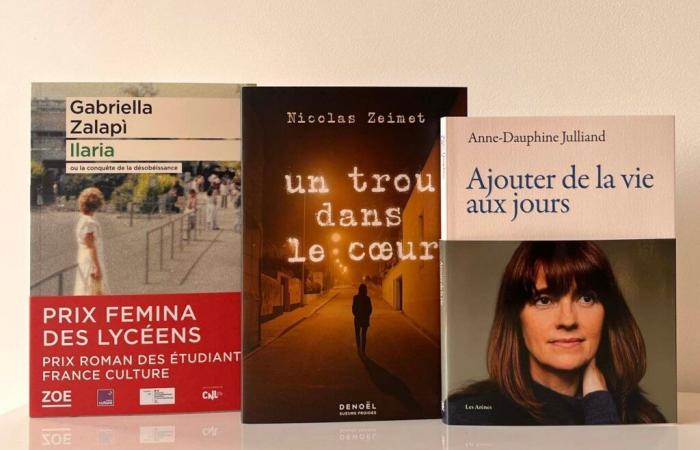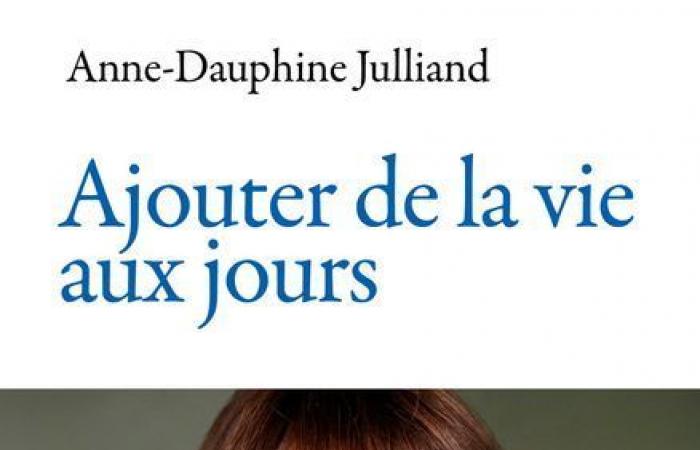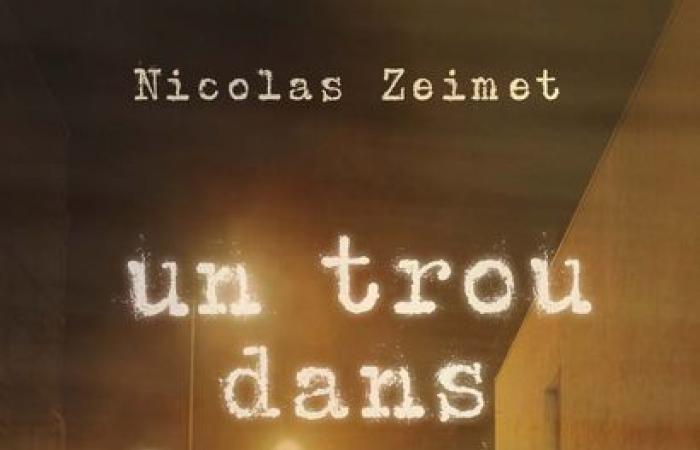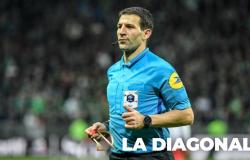Three serious and poignant books are winning this month. Three texts that summon mourning, renunciation, but light too, which sometimes arises where it is not expected. In the fiction category, the Italian Gabriella Zalapì (who writes in French) irradiated the literary school year with her 8 -year -old heroine, both lucid and lost, which has become hostage of stories of adults who disturb her and go beyond. In an overwhelming story, Anne-Dauphine Julliand tells the unthinkable: the mourning of three children, and the life that continues, despite everything. The thriller of the month, finally, is breathless, tender and delicate, and leads us into the intimacy of a couple and a man whose life rocks when his adored companion disappears in the night. Three books that say, in their own way, the hope of an after.
To read also >>> First novels: our 4 favorites of this literary school year
Fiction
Little Ilaria, 8, awaits her big sister at the end of school, but it was her father, in the middle of a divorce, who recovers her. What was to be a short trip then turned into an endless flight, two years of wandering on the roads between laughter and fears. Italy, the 1980s, the car radio, the bland rooms above bars … It looks like a family road trip, but it is rather an overwhelming and bitter run. “Ilaria” is not only the story of a divorce that goes wrong and the removal of a child. It is also that of a child confronted with the world of adults, who must be built alone. Gabriella Zalapì signs an overwhelming novel on family love and its contradictions, the end of the innocence and the disobedience of a little girl in search of freedom. – Cécile Bonzanni
©Presse
“Ilaria or the conquest of disobedience,” by Gabriella Zalapì (Zoé, 175 p.).
Non-fiction
Surviving your children is not in the order of things. While Anne-Dauphine Julliand lost her two daughters from an orphan illness, her son committed suicide fifteen years later, on the eve of her 20 years. This book tells us about tomorrow, after, survival – for the couple and the youngest -, our ability to give up to trouble without being overwhelmed by it. Make up again, get attached to details to anchor yourself in life. Little things, put yourself in nail polish, rejoice in the smell of bread … Leaving the dark of mourning for the child who remains, for himself … Anne-Dauphine Julliand will be sad all her life, but not all moments. And this is the essential. “I can’t make my children come back, but I can choose how I’m going to live,” she wrote. – Stéphanie Passicos
©Presse
“Add life to the days”, by Anne-Dauphine Julliand (Les Arena, 144 p.).
-Policeman
A woman disappears in the Night Rennes, without leaving any explanations or clues.
As often in this type of business, suspicion is on the husband. But the days and months go by without Camille to resurface. Her omnipresent ghost leaves a hole in the heart of her husband, Loïc, and his loved ones. This hole in the heart, for a long time, it was Camille who had one: until they resort to a surrogate mother, the couple could not have children. I found this description of the GPA universe, between expectations and hope, very interesting. We are witnessing the diving in hell of Loïc, devastated by his immense grief and suspicions that keep weighing on him. As for the detective mystery, the author leads us with skill from track to track, to instill doubt. – Claire Marache
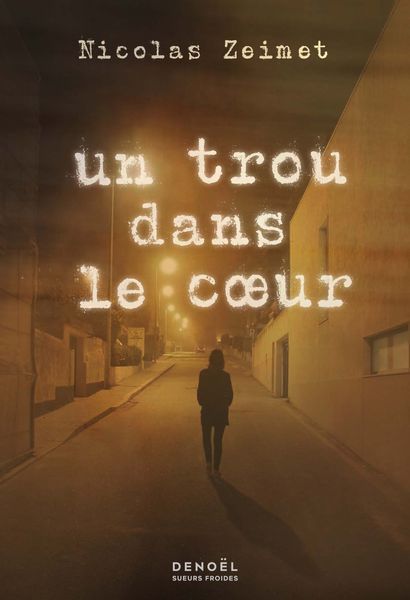
©Presse
“A hole in the heart”, by Nicolas Zeimet (cold sweats/Denoël, 436 p.).
This month, our jurors also read in the fiction category: “Mythology of .12”, by Célestin de Meeûs (the basement) and “another awaits me elsewhere”, by Christophe Bigot (La Martinière). In the non-fiction category: “The monsters”, by Claire Dederer (Grasset). In the Polar category: “surfacing” by Clea Koff (Héloïse d’Ormesson).

